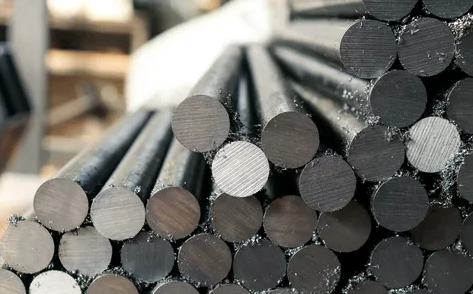Against the backdrop of a decline in internal demand for steel, the metallurgical industry pays more and more attention to the production of cost -effective products with high added value. Companies such as Essar Steel, Steel Authority of India, Jindal Steel and Power and Tata Steel are actively developing high -cost and low -alloy steels to improve the trading margin today. "We plan to increase the share of highly reliable products in our assortment up to 55 percent of the next one and a half years," said the head of the Sail K.C. VERMA.
Jindal Steel will increase the production of rails with a fecal head for high -speed trains, as well as on sheet steel for the production of wind generators' towers.
Essar Steel acted as a general supplier of the armored vehicles for the ships of the Navy of India, while a year ago 100 percent of these materials came to India from other countries.
"Most of Indian steel exports are today on products with high added value. In order to remain competitive, the metallurgical industry of India must increase the share of high -tech steels in its export basket," the Corpotrade Global Private report said.
Sail also combined his efforts with the Japanese Kobe Steel for strategic cooperation in the field of technology for the production of high -quality products for nuclear stations and automotive industries. The agreement provides for the production of special alloyed steel, reinforcement and stainless steel pipes.
According to statistics, most of the imports to India from China falls on flat rental with high added value. The country's metallurgical companies are currently trying to replace imports with their own production.
The Indian Metallurgical Industry switches to products with high added value

|
|
Azovpromstal® 17 November 2013 г. 13:19 |





